On Friday 26 February, the Supreme Court unanimously rejected Shamima Begum’s application to be permitted to return to the UK to argue her case for her UK citizenship. Whichever way you look at it, the Court’s decision – made on the basis of ‘national security’ concerns – is shameful. It is hard to see it as anything other than a rather spineless failure to stand up for the interests of justice against the current government’s cynical use of the law to re-frame citizenship rights in order to further an increasingly nebulous national security state.
In reaching its decision, the Supreme Court overturned an earlier Court of Appeal decision that Shamima should be allowed to return to the UK so that she can make her case. Having expressed the view that the decision to strip her British citizenship may itself be incompatible with human rights law, the Court of Appeal stated:
‘Notwithstanding the national security concerns about Ms Begum, I have reached the firm conclusion that given that the only way in which she can have a fair and effective appeal is to be permitted to come into the United Kingdom to pursue her appeal, fairness and justice must, on the facts of this case, outweigh the national security concerns, so that the LTE appeals should be allowed…’ [i]
The Supreme Court thought otherwise. The Court of Appeal’s view that Shamima’s right to a fair hearing trumps considerations of ‘national security’ and the ‘safety of the public’ was turned on its head:
“…the Court of Appeal mistakenly believed that, when an individual’s right to have a fair hearing of an appeal came into conflict with the requirements of national security, her right to a fair hearing must prevail.” [ii]
There are many aspects of this decision – and the government’s overall position on Shamima’s citizenship – that should concern us:
By putting the requirements of national security before the right to a fair hearing, the Supreme Court has set a dangerous precedent: in effect, it has chosen to demote the protection of civil liberties as a key function of the law in some select circumstances. Here, we do not know what specific criminal offences Shamima may have committed, but even if she is guilty of committing terrorist offences, or otherwise poses a risk to national security, there is no reason why any such risk cannot be managed in the UK – through the criminal justice system including prison, security tags, curfews and so on – in the same way that the risks posed by countless others deemed to be a significant risk to the public are managed. That Shamima may pose a (real or perceived) threat to the nation is no answer to, and cannot justify, illegal and illegitimate state action.
While denying her the right to return to the UK to put her case, the Court has recognised that she is currently unable to participate effectively in legal proceedings concerning her citizenship in the UK, given her current location in a refugee camp in northern Syria, and that she may never have the means to do so if she is moved to other regions and countries. That renders the decision to suspend her appeal until such a time as she can participate in her appeal on citizenship somewhat puzzling: the (acknowledged) reality is that she may never be able to effectively engage in proceedings in the UK. This is a case of justice not only being delayed, but justice being re-negotiated in the interests of the state and its use of – seemingly unconstrained – power.
In reaching its decision, the Supreme Court appears to side step a key substantive issue. The government’s decision to strip Shamima of her citizenship and shift responsibility for her on to other countries – in this case Bangladesh, based on nothing but her parents’ Bangladeshi heritage – exposes the deep roots of discrimination and prejudice embedded in British citizenship laws. Bangladesh has categorically stated that Shamima will not be permitted to enter the country, or to claim Bangladeshi citizenship. So, despite the UK government’s protestations, she is stateless. This shifting of not only moral but also legal responsibility of a British citizen on to another country is an act of both cowardice and dubious legality.
The government’s rejection of a young citizen of this country, who made a terrible choice to join ISIS when aged just 15, and who now says she was ‘brainwashed’ and wants to return to the UK is deeply troubling. It is as problematic as her decision to tie her future to an Islamic fundamentalist crafted caliphate built on violence, hatred and terrorism. However, the responsibility of the British state is to uphold the very democratic values – including the rule of law and due process – that it purports to defend in the name of ‘national security’. Shamima Begum must be held legally and morally responsible for any crimes she may have committed whilst in Syria, which is why claims such as those made by her lawyer Tasnime Akunji that she was “groomed”, and which are widely repeated by many progressive commentators are not helpful. In February 2015 when Shamima Begum left the UK to travel to Syria the horrible details of the beheading of the British Aid worker David Haines by ISIS in September 2014 were fully in the public domain. By situating her as victim of ‘grooming’ there is a danger that we deny her active choice to join ISIS, and in doing so we are excusing her responsibility and agency for her actions in supporting a terrorist regime that has committed horrific crimes against humanity, torture, enslavement and sexual violence. By adopting these suggestions we are failing to ask ourselves the really important and difficult questions; why is it that young British teenagers who are not from vulnerable or troubled backgrounds are attracted to the poisonous lure of fundamentalist ideologies and movements? In what way do these movements and ideologies appeal to young people, especially young women, who go on to become willing participants in the oppression of their own sex and in the degradation and genocide of other human beings?
That said, in any democratic system, the act of assigning criminal culpability and passing sentence must be tempered by reference to the age, mental health condition and other mitigating circumstances of the offending person at the time that the crime was committed. Minors who commit crimes must be recognised as such and afforded heightened legal safeguards when subject to criminal proceedings. To do otherwise is to descend into a ‘lynch-mob’ culture.
The state’s response to Shamima in this regard is reminiscent of another dark chapter in our history: the treatment of the two ten year old boys, Robert Thompson and Jon Venables, who in 1993 abducted and murdered two year old James Bulgar, who were tried in an adult court and sentenced to indefinite detention in the full glare of a baying media and public insisting on retribution. The state’s treatment of those children, inconceivable in many other European countries, was eventually held by the European Court of Human Rights to be a violation of their rights. As in that case, our institutions – governmental and judicial alike –have failed to rise to the challenge in Shamima’s case to uphold the principles of justice and humanity on which we pride ourselves as a civilised society.
It appears that no allowance been made for the possibility that, with the passage of time and a string of personal tragedies behind her, Shamima may have feelings of genuine guilt and remorse. She is being denied the opportunity to gain insight into the enormity of her actions and to undergo de-radicalisation processes that supposedly lie at the heart of the government’s counter-terrorism agenda. What is the point of de-radicalisation if not to rehabilitate? And what better candidate than a young woman who may perhaps be able, eventually, to help safeguard other young girls by telling them what it is really like to live as a woman in a fundamentalist society ruled by misogyny, hatred, violence and fear?
Shamima’s predicament is a case of the Government wishing the problem away, with the complicity of the Supreme Court. It’s decision comes at a worrying time, when the government has used the cover of the Covid-19 pandemic and Brexit to dismantle by stealth the very tools needed to hold the state to account for abuses of power including crimes committed in the name of ‘national security’. So, for example, a so-called ‘review’ of the Human Rights Act is currently underway, but many fear it is no more than a veil behind which the Government seeks to dilute and ultimately do away with the Human Rights Act.
The Supreme Court has bent over backwards to facilitate a convergence between the interests of the law and the interests of the Government of the day. In so doing, the Court shows itself to be feeble indeed: it fails dismally in its role to hold executive power to account. It would do well to remember that the pursuit of national security cannot and must not be interpreted to provide a carte blanche to the Government to ride roughshod over civil liberties and human rights. The history of the world has shown that such a strategy will always fail.
Footnotes
[i] Begum v Special Immigration Appeals Commission (SIAC) [2020] EWCA Civ 918
[ii] Special Immigration Appeals Commission and Secretary of State for the Home Department v R (Begum) [2021] UKSC 7
Authors
-
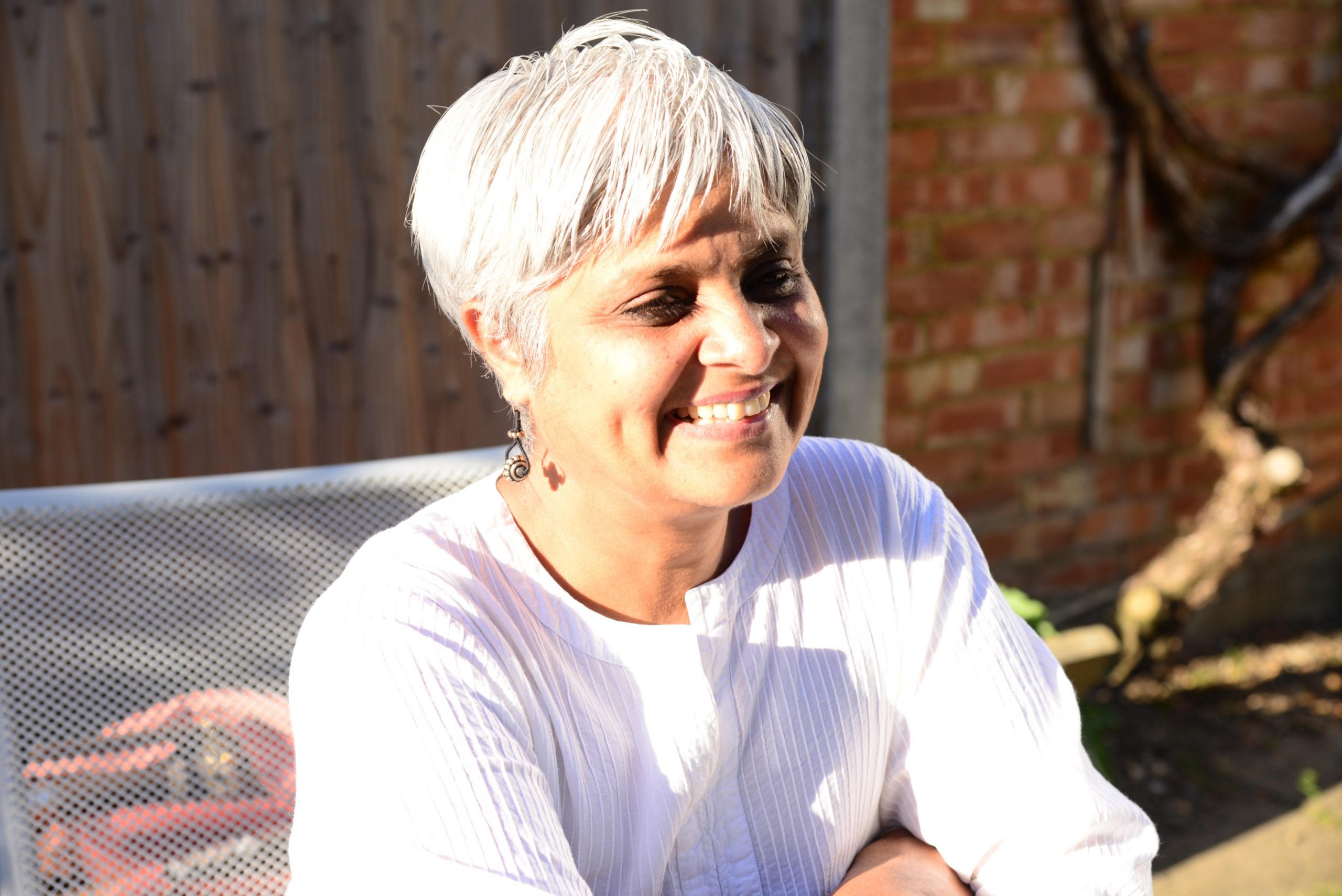
Pragna Patel is a founding member of Southall Black Sisters’ advocacy and campaigning centre and Women Against Fundamentalism. She worked as a co-ordinator and senior case worker for SBS from 1982 to 1993 when she left to train and practice as a solicitor. In 2009 she returned to SBS as its Director. She has been centrally involved in some of SBS’ most important cases and campaigns around domestic violence, immigration and religious fundamentalism. She has also written extensively on race, gender and religion.
View all posts -

Stephen Cowden has recently begun work as a Senior Lecturer in Social Work at the University of Gloucestershire and also works at the Open University. Alongside his research in Social Work and Critical Pedagogy, he also writes about Religious Fundamentalism, Extremism and Radicalisation. He was one of the editors of Feminist Dissent Issue 4 on ‘Prevent’ (2019) and wrote on Social Work and Prevent for that issue. He is also co-founder of the British Association of Social Work (BASW) Special Interest Group for Preventing Violent Extremism.
View all posts

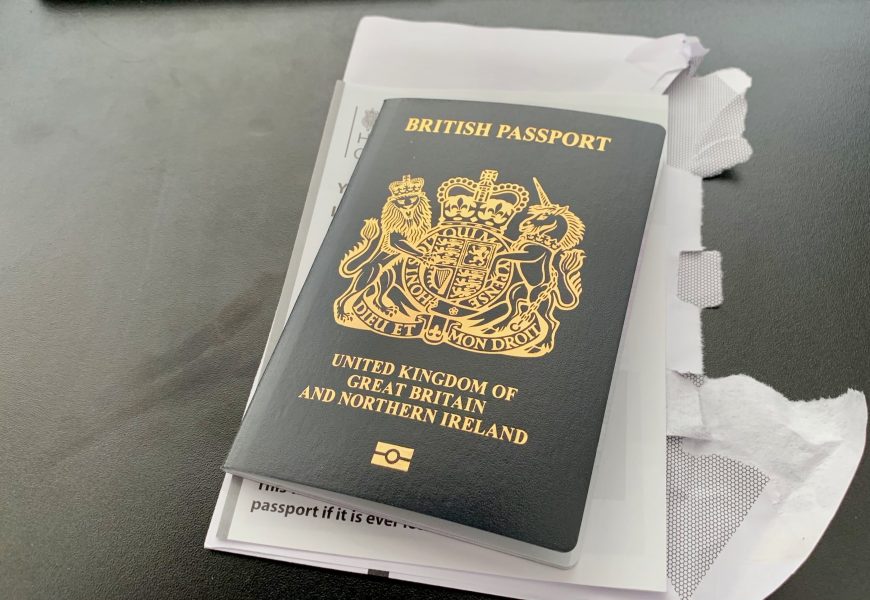



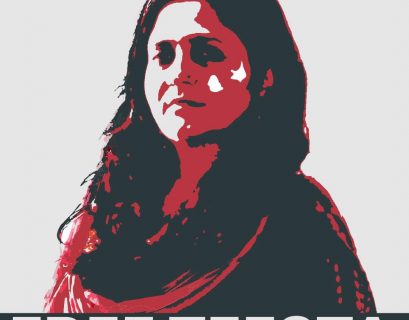
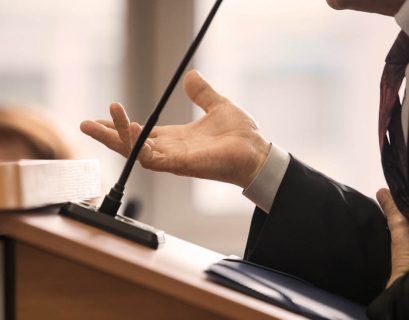
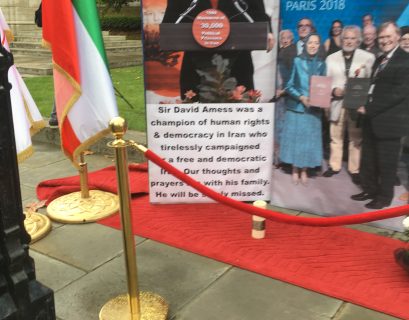


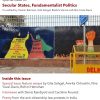


.jpg)

